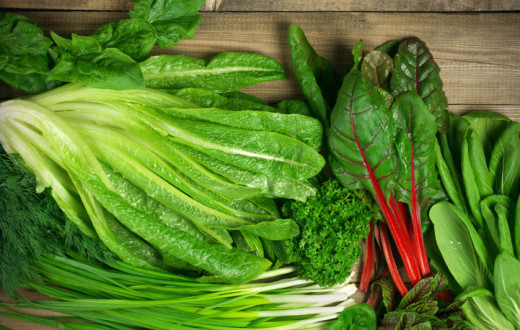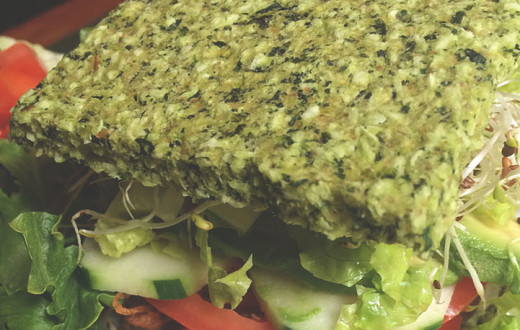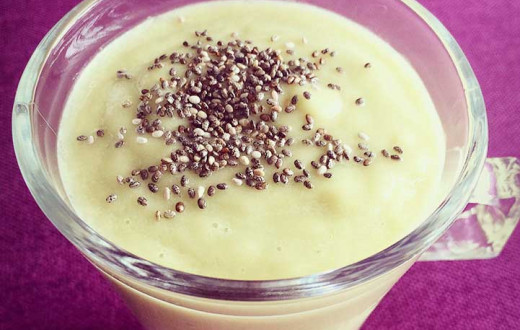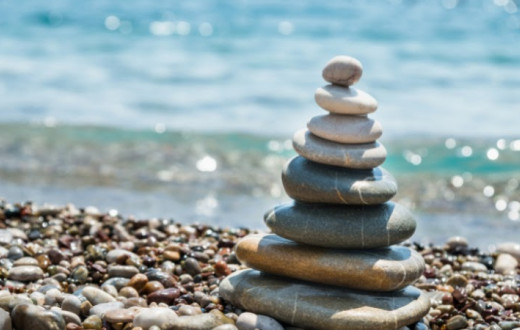Tips for Fasting
Tips to help you observe Navratri fast
The golden rule to a healthy life is neither too much nor too less. Whether it is work, play, food or fasting, it should be done in moderation.
You can fast on particular days of a week, or for a set number of days in a month. Here’s how you can plan your fast for the nine days of Navratri:
Follow a fruit diet. You can eat sweet fruits like apple, banana, sapodilla, papaya, watermelon, and sweet grapes. And you can also have Indian gooseberry (amla) juice, bottle gourd (lauki) juice and tender coconut water.
In case you have a health condition, it would be best if you consult a doctor before fasting and remember to do only as much as you are comfortable with.
A traditional Navratri diet:
A traditional Navratri diet is one that pacifies our digestive fire. It can be any combination of the below ingredients:
- Buckwheat (Kuttu) Roti, Fasting Rice (Shamak Rice), Dosa from Fasting Rice, Dishes made from Sago (Sabudana), Water Chestnut (Singhara) Flour, Rajgira, Yam (Suran), Colocacia (Arbi), Boiled Sweet Potatoes (Shakarkand), etc.
- Clarified Butter (Ghee), milk and buttermilk. All these have a cooling effect on our body
- Yogurt combined with bottle gourd (lauki) and pumpkin (kaddu)
- Lots of fluid – tender coconut water, juices, vegetable soups, etc. Besides providing energy, they prevent dehydration and flush out the toxins released during fasting
- Fruit salad made with papaya, pear and apple
When following a traditional Navratri diet, it is also recommended to:
- Use rock salt instead of common salt for cooking
- Use healthy cooking methods like roasting, boiling, steaming and grilling
- Be strictly vegetarian
- Avoid grains for the first few days
- Avoid any fried and heavy food all together
- Avoid onion and garlic
- Avoid over-eating
Those who cannot fast can abstain from non-vegetarian food, alcohol, onion, garlic and spices, and use rock salt instead of common salt for cooking.
Breaking your fast
When you break your fast in the evening or at night, avoid taxing your body by having a light meal. Heavy and fried meals at night are not only difficult for the system to digest but also undo the cleansing process and positive effects of fasting. Eat small quantities of easily digestible food.
Observe fast with yoga and meditation
Gentle yoga poses, stretches, twists and bends complements the fasting process. It speeds up the detoxification process and you will feel uplifted and energised.

Significance of Ayudha Puja
Ayudha puja is performed to honor and feel grateful for all the instruments that add meaning to our life.

Lalitha The Vibrant One
Get to know Lalitha – the scintillating and dynamic expression of the Self, as described in the Lalitha Sahasranama.

What to do during Navratri?
Transition from sound to silence, from movement to stillness with this guide on what to do during Navratri.
















































